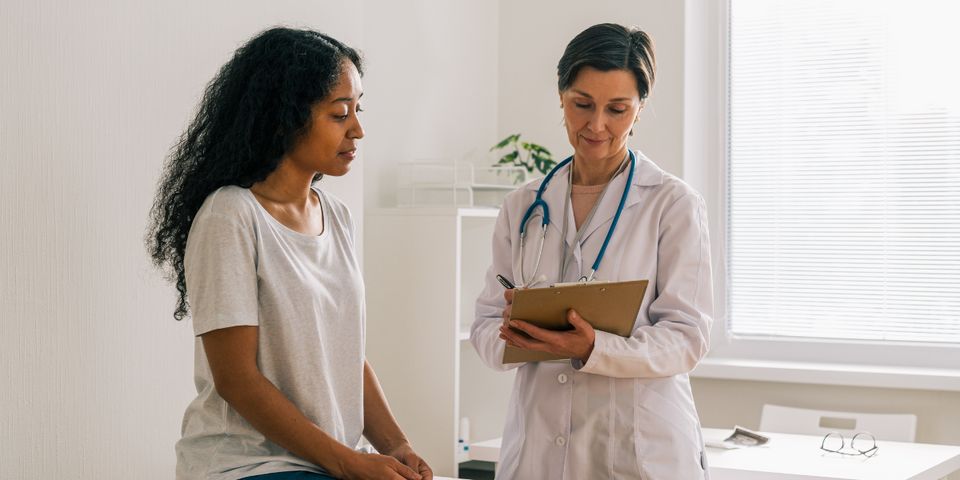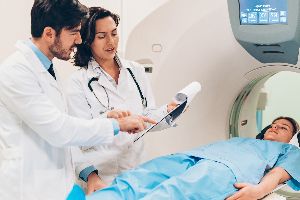
Women have certain health concerns that are unique to them. One condition some women experience is Polycystic Ovary Syndrome (PCOS). Polycystic means many cysts. Here is what you should know about how this disorder affects female reproductive health.
Common Questions About PCOS
What is it?
PCOS is a group of symptoms that impacts women's hormonal levels, and usually appears during their child-bearing years. With this syndrome, the ovaries produce an excessive number of androgens, which are male sex hormones.
As a result, the ovaries do not release their eggs, and they become small, fluid-filled sacs or cysts. Some women with this disorder do not develop ovarian cysts, while they may appear in women who do not have this syndrome.
How does it develop?

Scientists and medical professionals do not know exactly what causes PCOS. What they know is women with PCOS often have insulin resistance, which means their bodies cannot process insulin well.
Insulin buildup can raise higher androgen levels. Obesity also increases insulin levels and aggravates the condition's symptoms. Family members, such as mothers and daughters, or sisters, may experience the syndrome.
What are common symptoms?
PCOS typically causes facial and body hair growth, male pattern baldness, missed menstrual periods, and difficulty in getting pregnant. Other symptoms include heavy bleeding during periods, acne, headaches, and darkened skin under the breasts, and in the neck and groin areas.
How can I treat it?
Treatment for PCOS often includes medication, such as birth control pills, and drugs that combat insulin resistance. For Weight loss often reduces symptoms in obese patients. While there is no cure for the disorder, these treatments assist to correct the hormonal imbalance, minimize symptoms, and fight long-term health problems, such as heart disease and diabetes.
If you experience PCOS symptoms, seek a diagnosis and treatment from Paula Korn ANP in Anchorage, AK. Certified nurse practitioner Paula Korn has a record of nearly 40 years of providing skilled and compassionate care and individualized treatment to area residents. Call (907) 277-2597 today to request an appointment. For more information about their reproductive health services, visit the women’s health clinic in person or online.
About the Business
(4 reviews)
Have a question? Ask the experts!
Send your question

